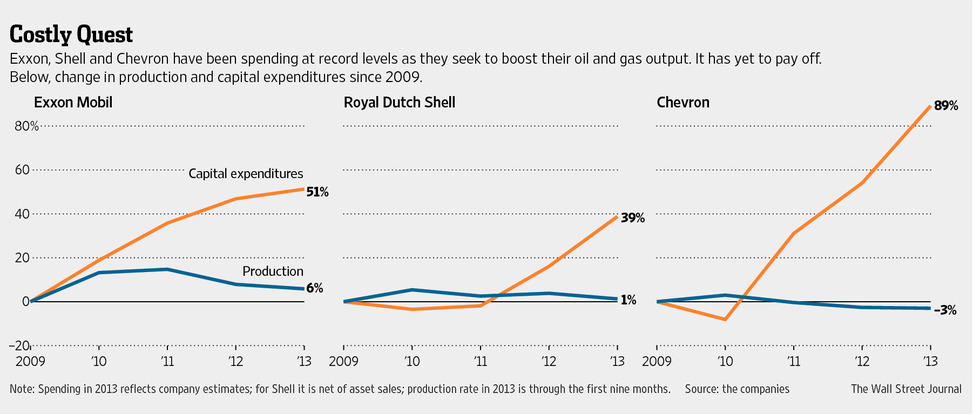From the Wall Street Journal:
U.S. economy gaining momentum
The Bureau of Economic Analysis announced today that U.S. real GDP grew at a 3.2% annual rate in the fourh quarter. That’s two quarters in a row now of above average growth. Given recent experience, that sounds pretty good.
The Reliability of Chinese GDP, Again
Is growth really collapsing?
Interpreting Recent Emerging Market Currency Movements
Expectations of central bank policies are only part of the story
Econbrowser now on WordPress
We have migrated our blog-management system over to WordPress, which will give Econbrowser a slightly different look and help us keep up better with improving technology. For example, by clicking on the appropriate icon that you’ll now find at the end of each post, you can instantly communicate anything you find of interest through other social media such as Facebook and Twitter. Please let us know if you have trouble with any old links, encounter any problems with the new system or have other suggestions.
Thanks to my tech-savvy daughter for helping us to make the switch. You can learn about her company at AdditiveAnalytics.com.
Changes coming for Econbrowser
We will be making some exciting changes to Econbrowser, moving to a new system for managing posts and comments. In preparation for the transition, we have temporarily closed all comments, and at some point during this weekend the complete site may be unavailable. We hope to have a new and better system completely functioning by the end of the weekend, and apologize for the temporary inconvenience.
On R-squared and economic prediction
Recently I’ve heard a number of otherwise intelligent people assess an economic hypothesis based on the R2 of an estimated regression. I’d like to point out why that can often be very misleading.
Wisconsin’s State of the State
Governor Walker delivered his State of the State address tonight (video here). From the press release:
“Tonight, we are laying out a plan to move Wisconsin further down the road to prosperity,” Governor Walker said. “Our friends and neighbors are going back to work and job creators are expanding their businesses. Thanks to sound fiscal management, I am proud to announce further tax relief for Wisconsinites and additional funding for worker training. We will continue to work diligently until everyone who wants a job can find a job.”
Guest Contribution: “The Impact of Exchange Rate Movements on Exports”
An Analysis of Indian Non-Financial Sector Firms
Today we are fortunate to have a guest contribution by Yin-Wong Cheung (HK City University) and Rajeswari Sengupta (Indira Gandhi Institute of Development Research). This post is based on their paper.
Euro and Non-Euro Countries and Fiscal Policy
Contractionary fiscal policy is … contractionary
There has been some dispute over the robustness of the finding that countries that embarked upon fiscal contraction experienced lower growth. There’s also been some dispute over the proper time horizon (I used 2010-12 in this post.) Here I provide some additional information.
